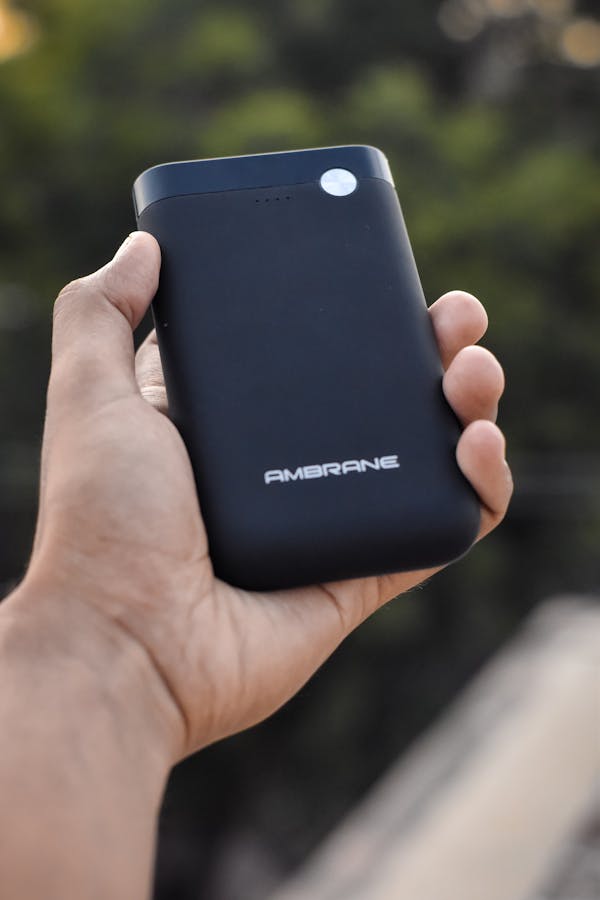Mobile power plants are a great solution for supplying power to remote locations. They provide critical power in times of natural disaster or as a temporary service during maintenance.
As districts implement BYOD and one-to-one initiatives, students rely on their devices to stay connected to the learning experience. But batteries die throughout the day, causing disruptions.
Cost-effectiveness
Incorporating mobile power solutions into a project’s safety plan is a cost-effective way to ensure that all team members can work safely. This is especially important in case of unforeseen circumstances, such as equipment failure or natural disasters. Reliable emergency lighting can help to keep projects on schedule and minimize accidents by enhancing visibility.
The global mobile power plant market is expected to grow significantly in the next few years, fueled by growing oil and gas activities and electrification projects in remote locations. These factors are driving investments in mobile power plants in North America, Europe, and Asia. Find out more at betl.
Mobile power systems are a great solution for providing energy to remote sites that need a temporary supply of electricity. These systems are portable, have a small footprint, and come with an array of features. They are also safer for users than traditional generators. This makes them a great choice for the entertainment industry. They are also quieter and require less maintenance than conventional generators.
Flexibility
Mobile power solutions offer flexibility and reliability for a variety of applications, including oil & gas projects, emergency lighting, and remote area electrification. In addition to improving worker safety, these systems can help reduce project costs by reducing waste and increasing efficiency.
Moreover, flexible power supplies can address the growing need for energy system flexibility to accommodate variability from renewables and other variable sources. This flexibility will reduce the need for ancillary services and improve the stability of the power grid.

In order to optimize the performance of the electricity system, we propose a market-based method to incentivize MES owners to provide flexibility services. The proposed methodology uses LMP and UMP signals to quantify the need for flexibility. We then develop an MES dispatch model and a master-follower game for market clearing of flexibility enhancement service. In the end, we show that a combination of these tools can effectively optimize the value of flexible power supply assets.
Better for tech
Your mobile phone is a powerful tool for keeping in touch with the people you love, and it’s getting more powerful by the day. It navigates you from one end of the city to the other on your commute, delivers breaking news and full-length entertainment, and keeps you informed on what’s going on in your world.
But these devices are only as effective as the battery that powers them, which is why manufacturers continue to race to develop batteries that charge faster and last longer. As districts bring BYOD and one-to-one initiatives to life, they need a simple, retrofit-free solution that lets students keep devices charged all day long without them having to stop learning for a power up.
Environmentally friendly
Mobile power is a green and sustainable energy solution that uses renewable and clean sources to produce electricity. Unlike traditional fossil fuels, these mobile power sources don’t emit harmful pollutants and can be transported anywhere, making them an important tool in the fight against climate change.
The entertainment industry needs zero-emissions power for film and television productions. Transitioning to clean mobile power solutions, paired with energy efficiency measures, can significantly reduce the carbon impact of the industry.
Many people in rural Sierra Leone consider their phones to be their most valuable assets, but few have access to electricity at home. Without it, they have to travel long distances to charge their phones at generator-powered telecentres. Unfortunately, phones left at these centres are vulnerable to theft and can be switched for less valuable ones by other customers. To address this problem, a British company called Mobile Power has developed a pay-per-use battery-rental system that provides energy access to millions of people in Africa.